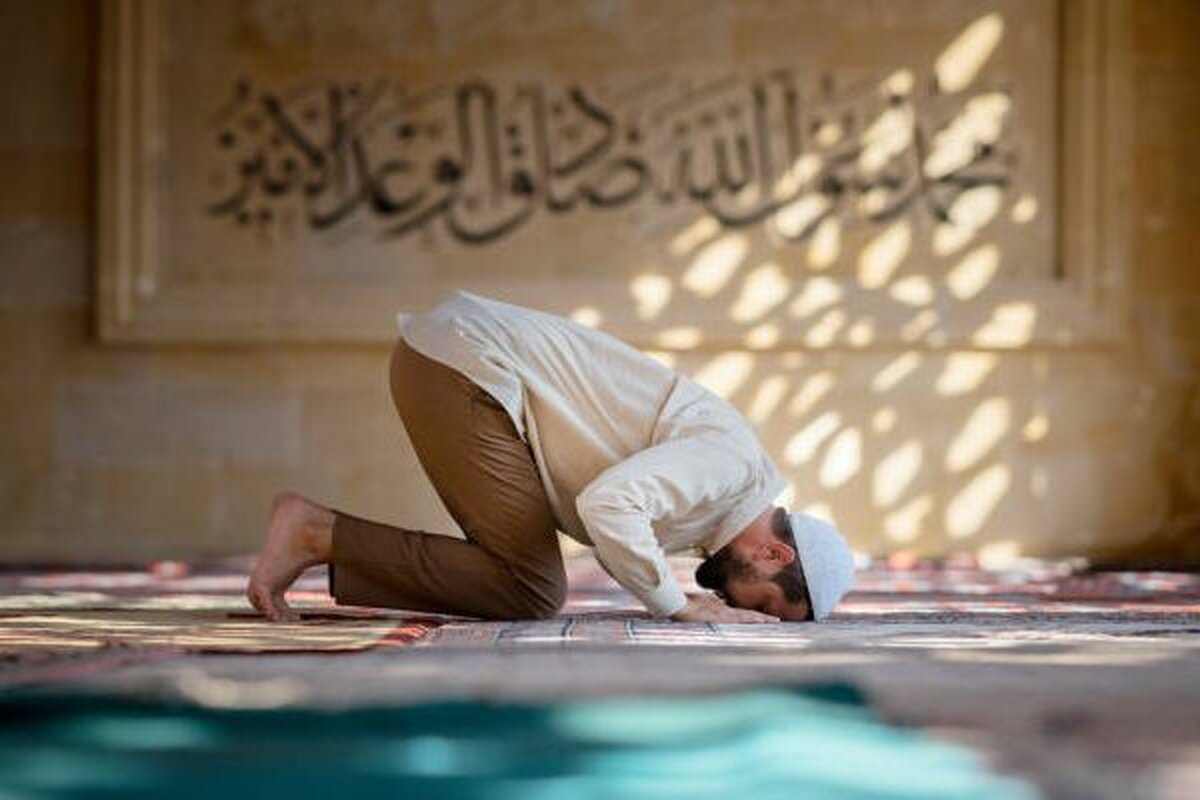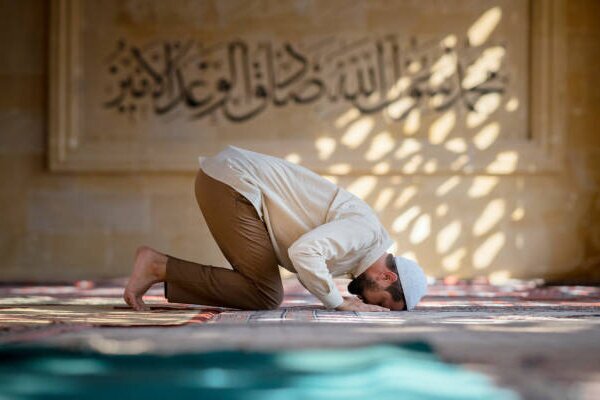Salah A fulcrum of Order in A Believer’s Life


One of the things that contribute to order is the religious rituals that have a specific time to be performed. For example, the Quran specifies the holy month of Ramadan for fasting. It has a specific beginning and end, which are determined with the sighting of the crescent moon. (Verse 187 of Surah Al-Baqarah)
There are also specific times for performing acts of worship such as Salah: “Say your prayer when the sun declines until the darkness of night and also at dawn. Dawn is certainly witnessed (by the angels of the night and day).” (Verse 78 of Surah Al-Isra)
Imam Ali (AS) told Muhammad ibn Abi Bakr: “Say prayers at the appointed time. Do not say it earlier for the sake of (available) leisure nor delay it on account of pre-occupation. Remember that every act of yours is dependent on your prayer.” So performing the five daily prayers helps one organize his daily activities. Learning the acts of Salah and what should be recited one after the other during Salah leads to order in the mind.
Performing congregational prayers is also an exercise of acting in order and coordination. The holy Prophet (PBUH) said about congregational prayers: O people! (In congregational prayers) complete your rows and put your shoulders close to each other, fill in the gaps and do not oppose one another because in that case, God would cause conflict between your hearts, and know that I see you behind my back.”
Read More:
Believers also have coordination and order in social affairs and perform all their activities, especially in important and decisive matters, with the permission of the leader of the society. If one fails to do so, he will not be considered to be among true believers: “The believers are only those who believe in Allah and His Messenger, and who, when gathered with him upon a common matter do not depart till they have asked his permission.” (Verse 62 of Surah An-Nur)


